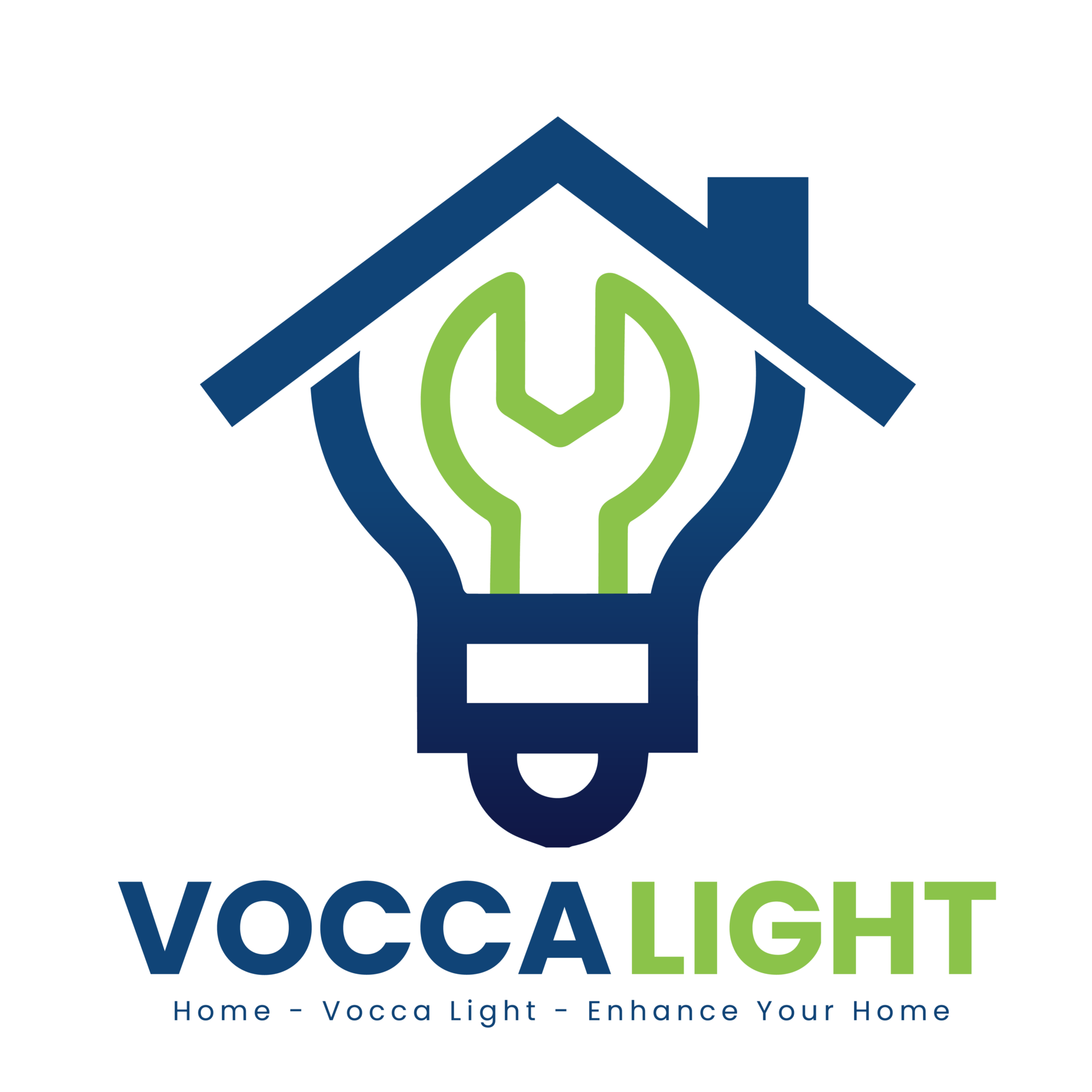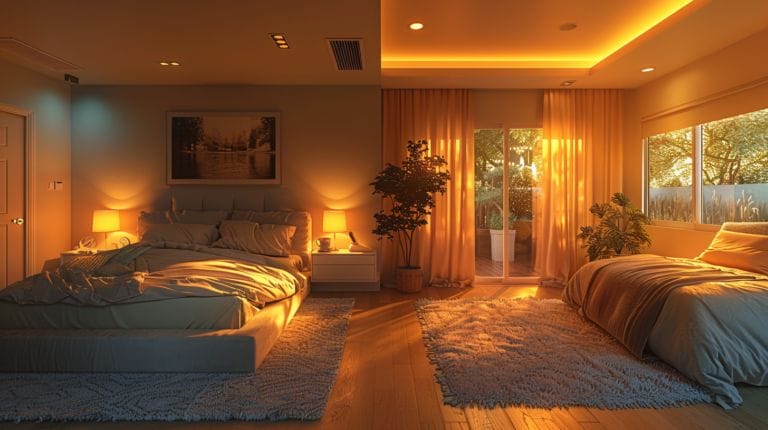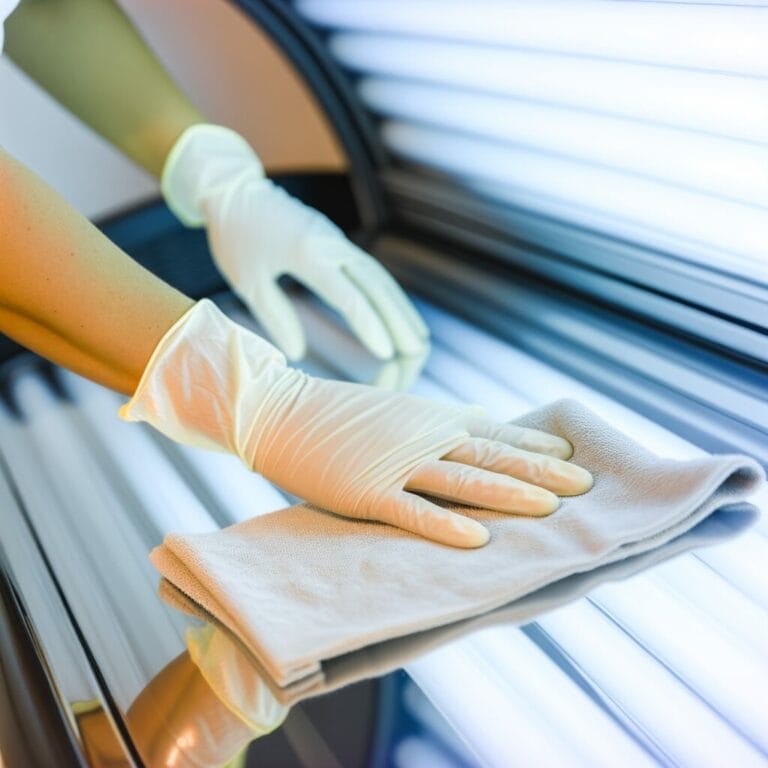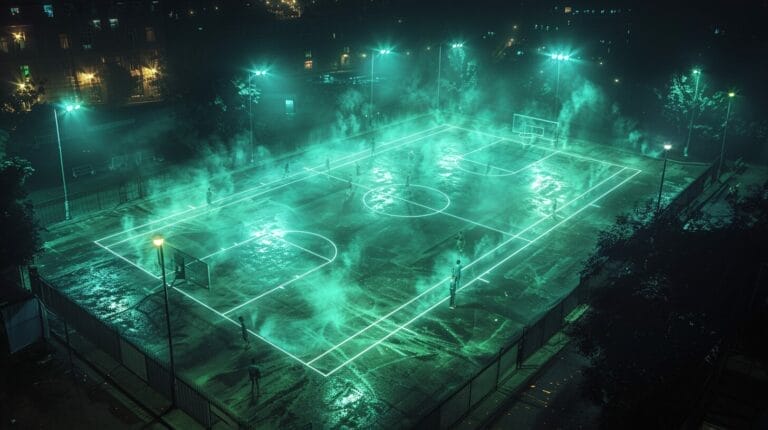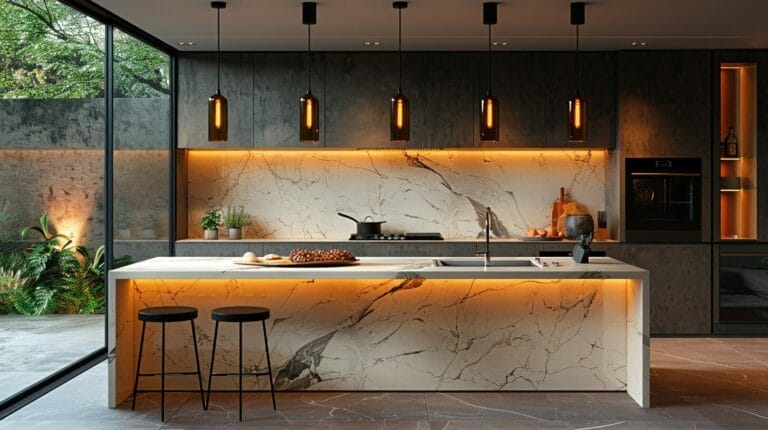Lifespan of Solar Panels: Maximizing Your Investment
When it comes to investing in solar panels, understanding how to maximize their lifespan is essential. We often wonder about the longevity of these eco-friendly assets and how we can guarantee they endure for years to come. By exploring key factors that impact their lifespan and practical tips for maintenance, we can harness the full potential of our solar panel investment.
Stay tuned to discover the essential strategies for extending the life of your solar panels and optimizing your renewable energy journey.
Key Takeaways
- Invest in high-quality panels for longer lifespan and better performance.
- Regular maintenance and monitoring ensure maximum efficiency.
- Professional installation impacts longevity and reduces risks of damage.
- Understand warranty details and coverage for long-term protection.
- Replace panels when efficiency decreases to maximize investment returns.
Understanding the Lifespan of Solar Panels

Understanding the lifespan of solar panels is crucial for maximizing your investment in renewable energy. As technology advances, the average lifespan of solar panels improves, offering a more sustainable and cost-effective solution for energy production. The quality and manufacturing processes significantly influence how long solar panels will last.
Recent advancements in solar panel technology have extended their lifespan. Innovations such as superior materials, improved designs, and enhanced manufacturing techniques make solar panels more durable and long-lasting. These improvements not only increase the efficiency of the panels but also assure that they can withstand various environmental conditions over an extended period.
The quality of materials used and the manufacturing process are paramount when it comes to the lifespan of solar panels. High-quality materials and stringent manufacturing standards yield more reliable panels with a longer operational life. By investing in well-made solar panels, we can maximize their lifespan and optimize our renewable energy investment for years to come.
Solar Panel Degradation Rate and Factors That Affect It

Solar panels experience a gradual reduction in performance over time due to various factors that influence their degradation rate. This rate is primarily affected by environmental factors such as temperature, humidity, and sunlight exposure. Extreme weather conditions like high temperatures can accelerate degradation, while proper maintenance can help mitigate these effects.
Physical damage, like cracks or shading from nearby objects, also contributes to degradation. Regular maintenance, including cleaning and inspection, is vital to guarantee peak performance and extend the lifespan of solar panels. Factors affecting degradation include the quality of materials used in manufacturing, installation techniques, and the overall design of the solar panel system.
Extending the Lifespan: Tips to Make Solar Panels Last Longer

To ensure the longevity of your solar panel investment, implementing regular cleaning and maintenance practices is essential. High-quality panels, when installed professionally, can impact how long solar panels last.
These panels are designed to withstand environmental factors, but proactive measures such as keeping them clean from dirt, dust, and debris can further extend their lifespan. Additionally, monitoring the power output of your solar panels can help detect any performance issues early on, ensuring they operate optimally for years to come.
Investing in the best solar equipment and choosing a reputable installer not only enhances your system’s efficiency but also contributes to the overall durability of your panels. By taking these proactive steps, including proper maintenance and harnessing solar incentives, you can maximize the lifespan of your solar panels and optimize their performance over time, thereby increasing the return on your solar investment.
Warranties and Lifespan: What to Expect from Long Solar Panels Last

When considering the longevity of solar panels, it’s crucial to understand typical warranty periods and coverage details. Solar panels, especially tier one panels which usually come with warranties ranging from 20 to 25 years, indicating the manufacturer’s confidence in the panel’s durability and their ability to last as long as possible.
These warranties often cover defects in materials and workmanship, as well as a guarantee on the panel’s performance. Understanding what these warranties entail can provide valuable insights into the expected lifespan and efficiency of the panels.
Recognizing When to Replace Solar Panels

As solar panels age, it becomes important to recognize signs of degradation and assess the cost-benefit of replacement versus repair. Monitoring the efficiency of solar panels is crucial in determining when replacement is more advantageous than repair.
Signs of degradation include decreased energy output, physical damage, and discoloration. Efficiency evaluation plays a significant role in deciding whether to replace panels. When the cost of repairs starts to outweigh the potential benefits in energy production, replacement becomes a more cost-effective solution.
Conducting a thorough cost-benefit analysis is necessary to make an informed decision. By comparing the cost of repairs, decreased efficiency, and potential energy losses against the investment in new panels and improved performance, one can determine the most financially prudent choice.
Recognizing the best time to replace solar panels ensures that your solar system continues to operate at peak efficiency and provides the best return on your investment in the long run.
Conclusion
To sum up, by understanding the lifespan of solar panels and taking proactive steps to maintain and extend their longevity, we can maximize our investment in renewable energy.
Monitoring for degradation factors, investing in high-quality equipment, and ensuring proper maintenance are all key factors in ensuring the long-term sustainability and effectiveness of solar panels.
By following these tips, we can continue to benefit from clean, renewable energy for years to come.
Frequently Asked Questions
How long do solar panels last?
Solar panels typically last for 25-30 years, but can last even longer with proper maintenance and care.
What factors affect the life span of solar panels?
The life span of solar panels can be affected by factors such as weather conditions, maintenance practices, quality of installation, and the type of solar panels used.
Do solar panels degrade over time?
Yes, solar panels degrade over time due to exposure to sunlight, weather, and other environmental factors, but with solar incentives, their adoption and maintenance become more appealing. However, the rate of degradation is relatively slow.
How can I maximize the longevity of my solar panels?
To maximize the life span of your solar panels, ensure regular cleaning, perform routine maintenance, monitor performance, and invest in high-quality solar panels from reputable solar companies.
What is the longest life span recorded for solar panels?
The longest life span recorded for solar panels is around 40 years, achieved through proper maintenance and care.
